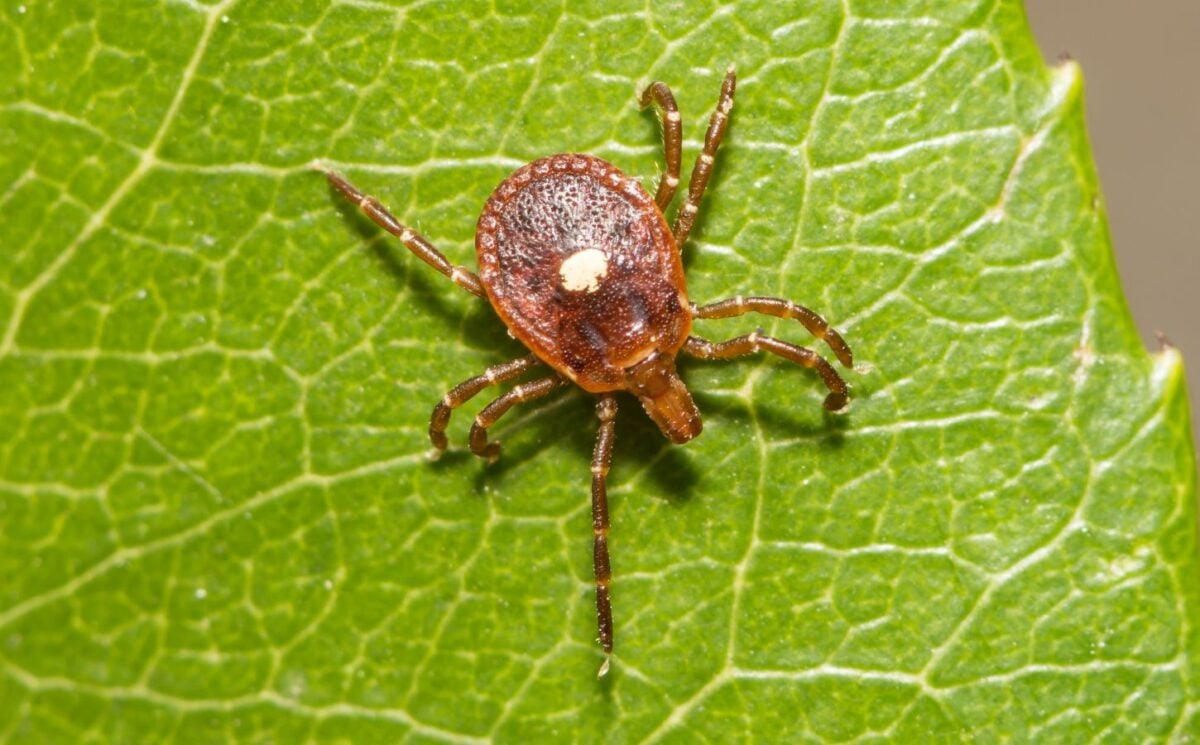Lone star ticks, which can cause severe meat and dairy allergies in the people they bite, are spreading to new parts of the US as the climate crisis causes rapid warming.
June 2025 saw much of the US facing record-breaking temperatures that prompted heat warnings and caused dozens of hospitalizations. According to CDC data, emergency rooms have also seen nearly the biggest spike in tick bite-related admissions this year since 2017.
Read more: Summer 2024 Was The Hottest On Record
Earlier this year, the European Commission predicted the spread of disease-carrying ticks worldwide due to “changes in climate, land use and human-animal interactions.” According to Boston University Today, ticks are also now increasingly common in urban landscapes.
Ticks of all kinds are extremely efficient at transmitting pathogens, including Lyme disease. However, lone star ticks are particularly notorious for causing “alpha-gal syndrome” – a life-threatening allergy to red meat and mammalian dairy products – in certain people.
Lone star ticks are uniquely aggressive, and where other subspecies are more opportunistic, lone star ticks will track humans in order to bite them. While they have historically been common in the southeastern US, they have now spread to northeastern areas such as New York that were previously too cold. The number of known alpha-gal cases nationwide has risen to approximately 110,000, but could be as high as 450,000, according to the CDC.
Read more: UK Fire Services Issue Wildfire Warnings Ahead Of Expected Hot Weather
‘We could end up with millions of people with an allergy to meat’

In addition to the increasing presence of lone star ticks, some experts believe that additional subspecies may now also be causing alpha-gal syndrome. These include blacklegged ticks, which are commonly known as “deer ticks,” and western blacklegged ticks.
Speaking to the Guardian, the University of South Carolina’s Brandon Hollingsworth, a tick researcher, noted the “explosive increase” in lone star tick numbers and added that all other tick subspecies may end up becoming alpha-gal carriers, too. “It seems like an oddity now but we could end up with millions of people with an allergy to meat,” he said.
Alpha-gal symptoms vary significantly from person to person, but can include rashes and hives, nausea and vomiting, breathing difficulties, anaphylaxis, and heart attacks following exposure to red meat or dairy products. The onset of symptoms is often delayed.
Read more: Meat Allergies Linked To Tick Bites On The Rise In The US






